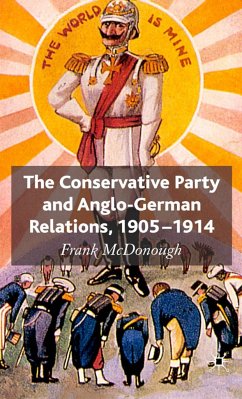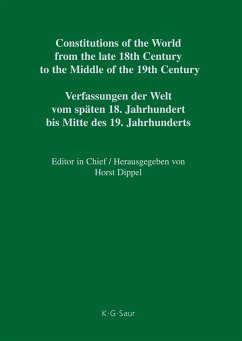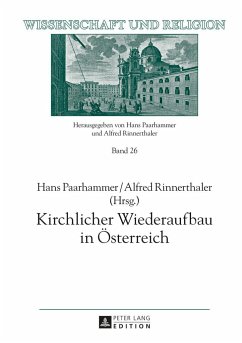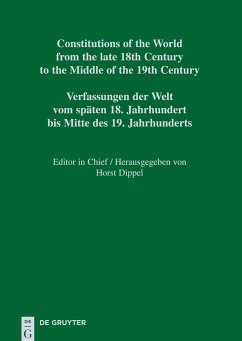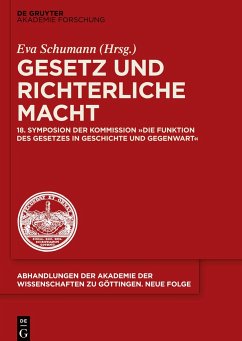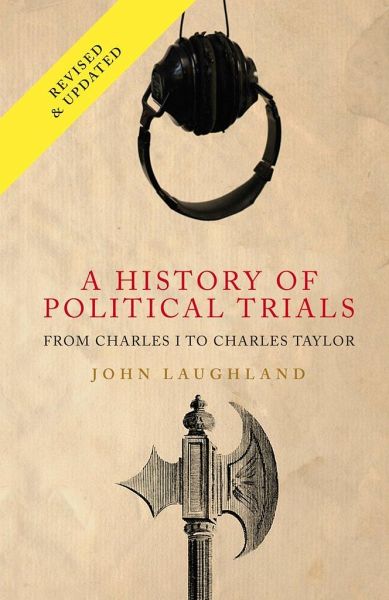
A History of Political Trials
From Charles I to Charles Taylor
Versandkostenfrei!
Versandfertig in 6-10 Tagen
23,50 €
inkl. MwSt.

PAYBACK Punkte
0 °P sammeln!
The modern use of international tribunals to try heads of state for genocide and crimes against humanity is often considered a positive development. Many people think that the establishment of special courts to prosecute notorious dictators represents a triumph of law over impunity. In A History of Political Trials, John Laughland takes a very different and controversial view. He shows that trials of heads of state are in fact not new, and that previous trials throughout history have themselves violated the law and due process. It is the historical account which carries the argument. By examin...
The modern use of international tribunals to try heads of state for genocide and crimes against humanity is often considered a positive development. Many people think that the establishment of special courts to prosecute notorious dictators represents a triumph of law over impunity. In A History of Political Trials, John Laughland takes a very different and controversial view. He shows that trials of heads of state are in fact not new, and that previous trials throughout history have themselves violated the law and due process. It is the historical account which carries the argument. By examining trials of heads of state and government throughout history - figures as different as Charles I, Louis XVI, Erich Honecker, Saddam Hussein and Charles Taylor - Laughland shows that modern trials of heads of state have ugly historical precedents. In their different ways, all the trials he describes were marked by arbitrariness and injustice, and many were gross exercises in hypocrisy. Political trials, he finds, are only the continuation of war by other means. With short and easy chapters, but the fruit of formidable erudition and wide reading, this book will force the general reader to re-examine prevailing opinions on this subject.






